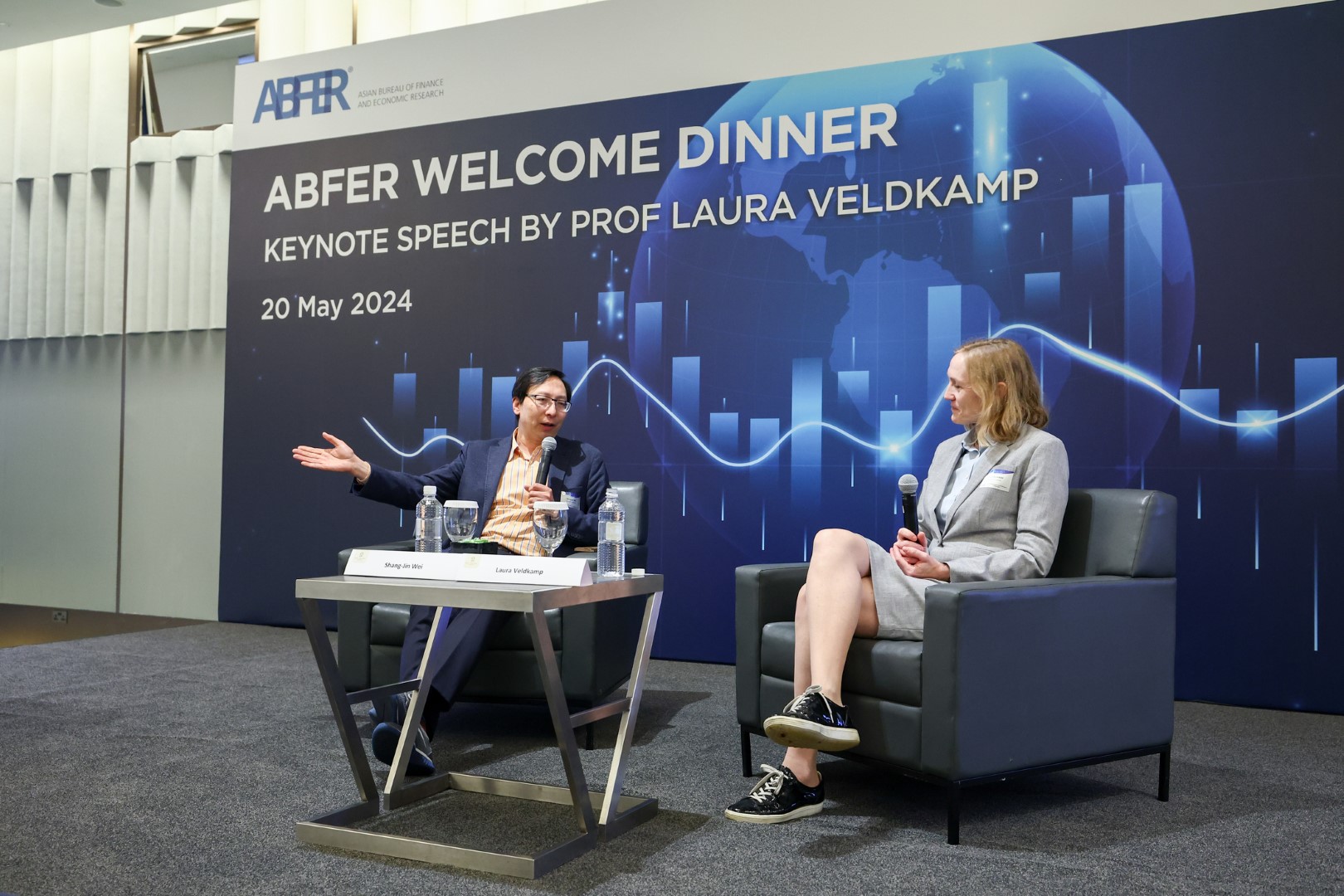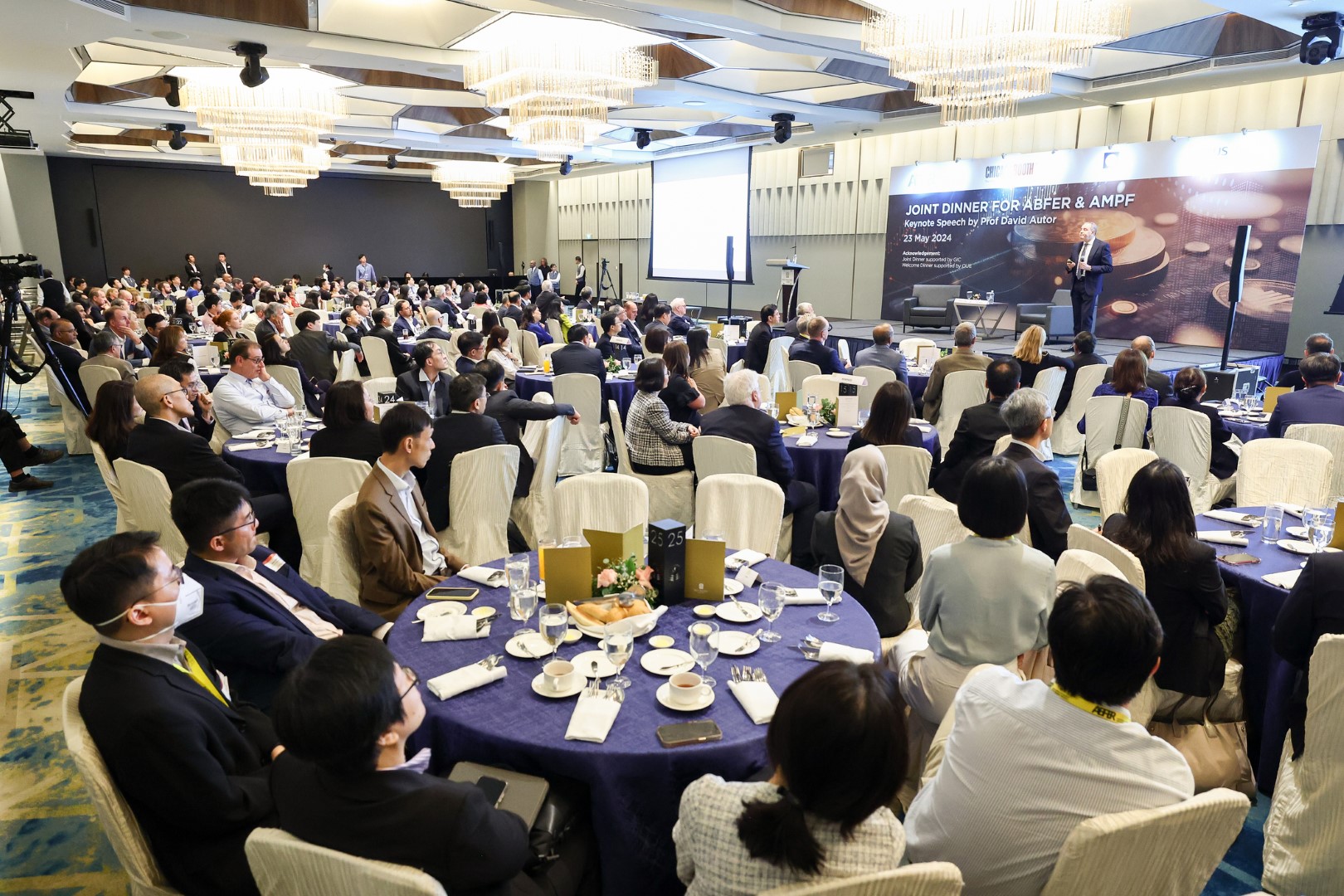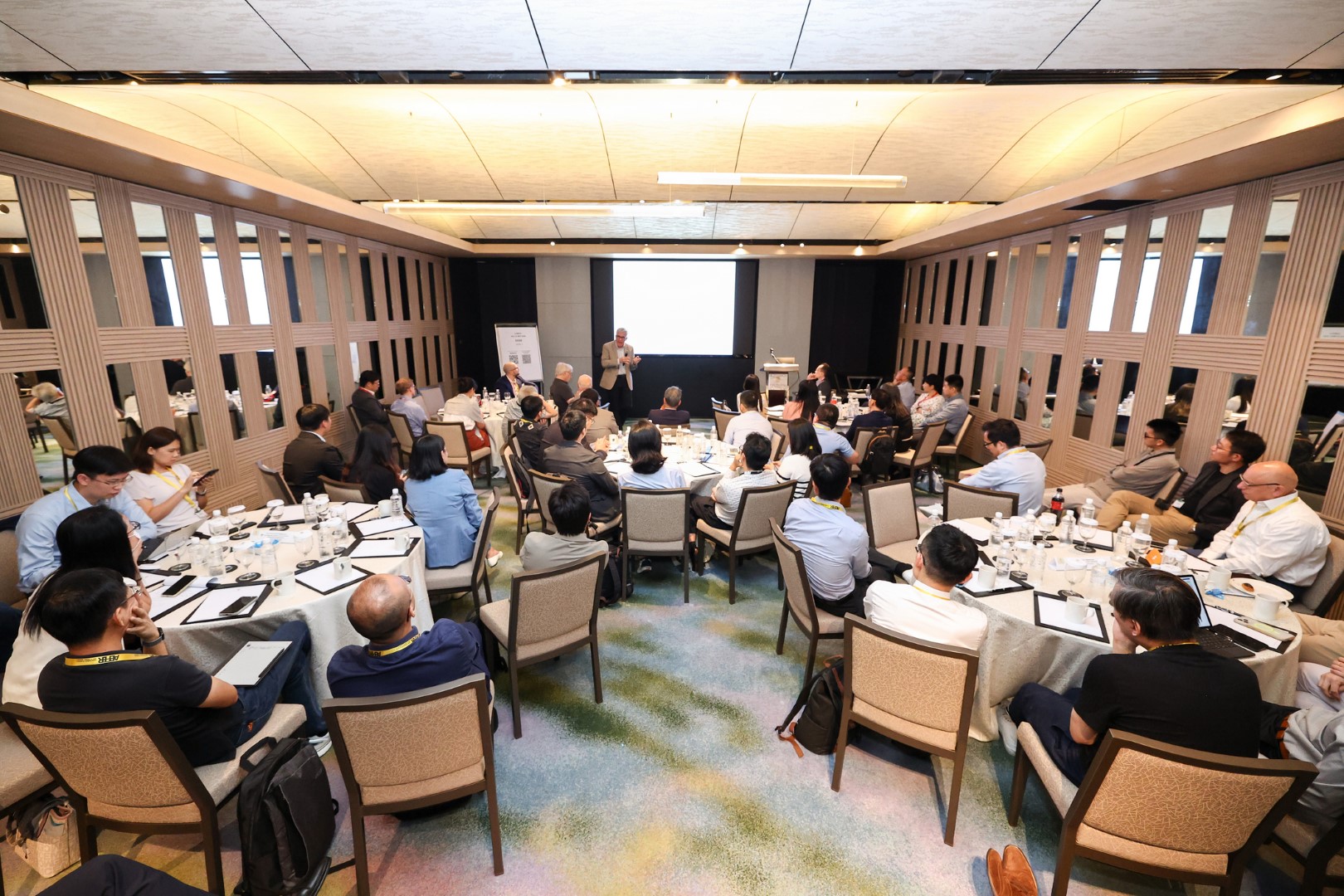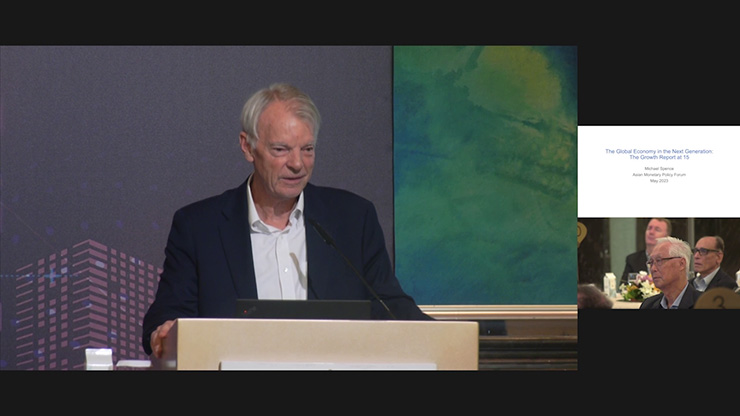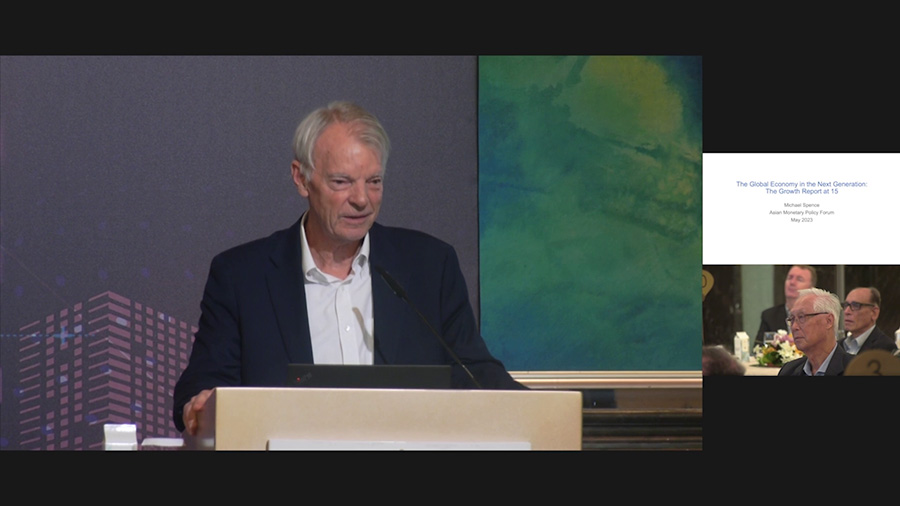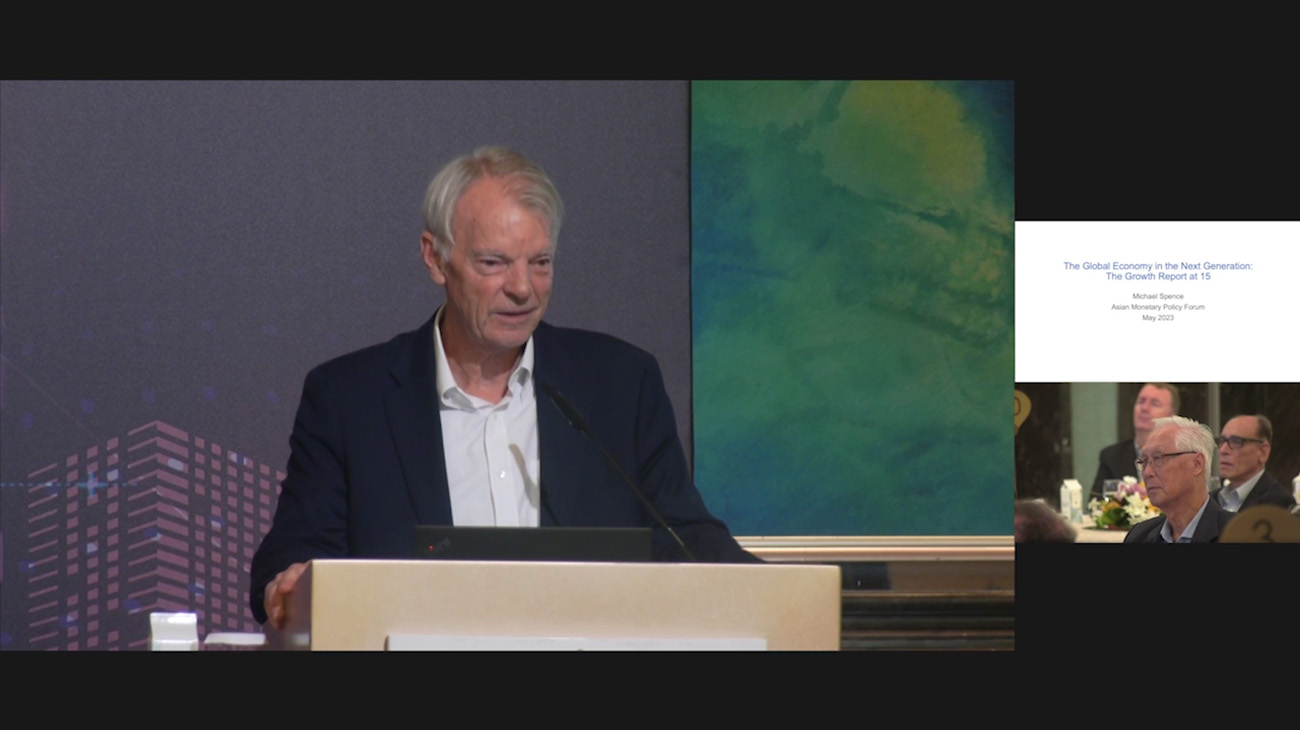The authors use the launch of zero-cost digital payment infrastructure in India, namely Unified Payment Interface (UPI), in 2016 as a natural experiment to investigate the impact of open banking on credit access. UPI enabled real-time zero-cost creation of a verifiable digital financial history for all. The authors obtain several unique and proprietary data sets, including rich credit bureau data on the universe of consumer loans, UPI transactions at the pin-code level, and loan-level information from one of the largest fintech lenders. Exploiting time variation in the adoption of UPI by banks with the highest local deposit share as a source of exogenous variation in UPI usage in a difference-in-differences empirical design, the authors document a significant increase in consumer credit by banks, shadow banks, and fintechs. Consistent with financial inclusion, the credit increases to subprime and new-to-credit customers. Notably, the credit increase for new-to-credit customers is led by fintech lenders, especially in ex-ante financially excluded regions. An alternate empirical design using the launch of a major mobile phone operator that considerably reduced internet data costs confirms these findings. Overall, these findings underscore that digital payments complement savings bank account-oriented financial inclusion programs in expanding credit access and inform the policy discussion on open banking’s impact.
Updated 26 Sep 2024
Session Format
Each session lasts for 1 hour 10 minutes (25 minutes for the author, 25 minutes for the discussant and 20 minutes for participants' Q&A). Sessions will be recorded and posted on ABFER website, except in cases where speakers or discussants request us not to.
Registration
Please register here to receive a unique Zoom link. (Notice: Videos and screenshots will be taken during each session for the purpose of marketing, publicity purposes in print, electronic and social media)


